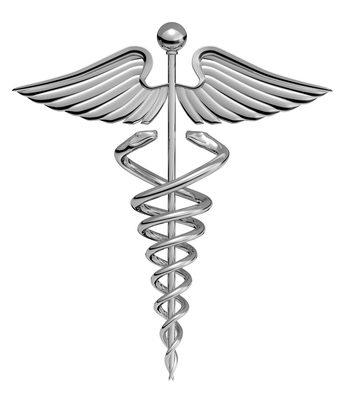True to their mission, health care providers strive to deliver services to a wide and varied pool of patients needing medical attention, incurring costs classified as uncompensated care in the process. Many of these cases are urgent in nature, and the focus of case management is providing health and medical care without considering the patient’s ability to pay. Uncompensated cost of care is the total cost of health care services provided to patients who are not able to pay or unwilling to meet their obligations for some reason. Uncompensated cost of medical care includes charity care and bad debts.
What is Charity Care?
In some cases, patients have the opportunity to apply for financial assistance prior to scheduling a treatment or procedure. In these cases, the administrative board or the providers themselves pre-approve the discount or write-off amount before the cost is incurred. Many providers have procedures in place to accept and process applications for financial assistance. They may even be able to budget for costs of charity care.
Related resource: Top 10 Best Online Master of Health Administration Degree Programs (MHA)
In other cases, patients receive services without applying for financial aid, which is often the case with urgent care or emergency situations. When the facility or provider determines that the patient is unable to pay for services received, the costs incurred would be expensed as charity care. In both cases, hospitals will look at factors such as individual and family income, assets and liabilities, current employment or availability of alternative sources of funds.
What is Bad Debt Expense in Health Care?
Sometimes, patients do not qualify for financial assistance or do not apply for financial aid for their own reasons. Hospitals will bill for the services provided based on the established rate, depending on whether the patient is insured or uninsured. The bad debt amount may cover all or any portion of the unpaid bill. For patients with health insurance coverage, certain portions of the billed amount may be the patient’s responsibility because of deductible and coinsurance requirements of their plan policies.
Impact of Uncompensated Care on the Health Care System
When health care providers are unable to recoup their expenses for delivering medical care to patients, the costs are shifted to other entities. In most cases, private insurance companies are on the receiving end of the cost shift. In turn, private insurers raise their premium rates for individual and group coverage to compensate for their expenses, raising the costs of health coverage for employers and individual members.
In general, the total cost of health care services that remains unpaid with no expectations of ever being paid is directly related to the health of the economy and provisions for state Medicaid funding. When more low income or unemployed patients have Medicaid-provided coverage especially for hospital services, the level of uncompensated medical care is reduced.
By the Numbers
According to the American Hospital Association, different types of hospitals have recorded $502 billion worth of uncompensated medical services rendered. Adding to the problem, underpayment issues for services covered under Medicaid and Medicare plans, increases the costs of health care costs write-offs. Medicare and Medicaid rates are defined by legislation rather negotiation, and the current rates are set below the costs of providing care, resulting in underpayment and adding to the costs of un-reimbursed provider costs. About 60 percent of hospital cases are Medicaid or Medicare accounts.
In examining the factors that affect health care costs in today’s environment, it is important to look at the impact of uncompensated medical care on providers and patients alike. Managing the factors that add to the uncompensated care burden of health care providers may help to stem increases in non-collectible costs, helping to make health care more affordable for everyone.
